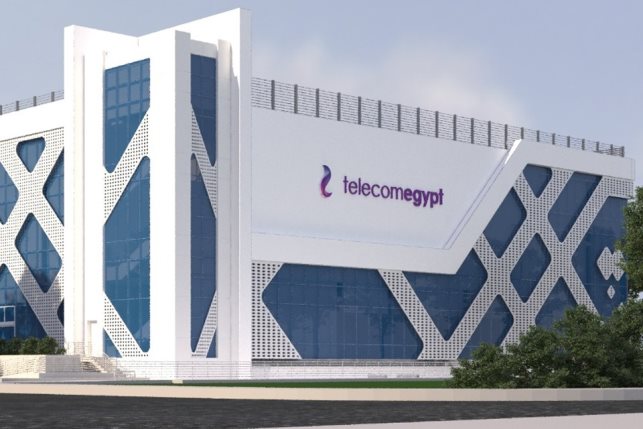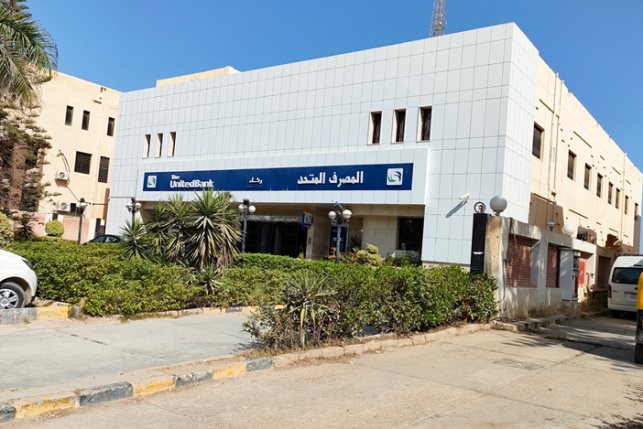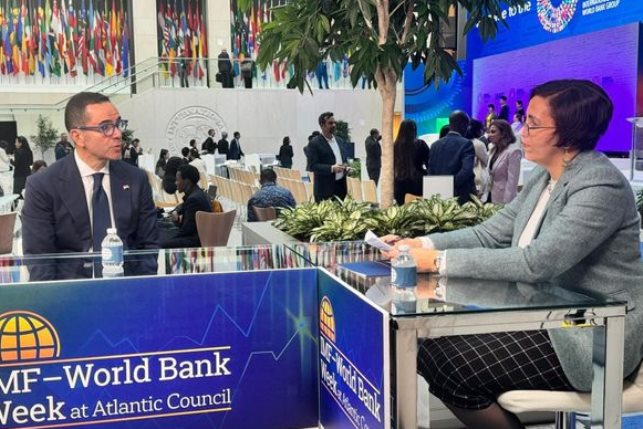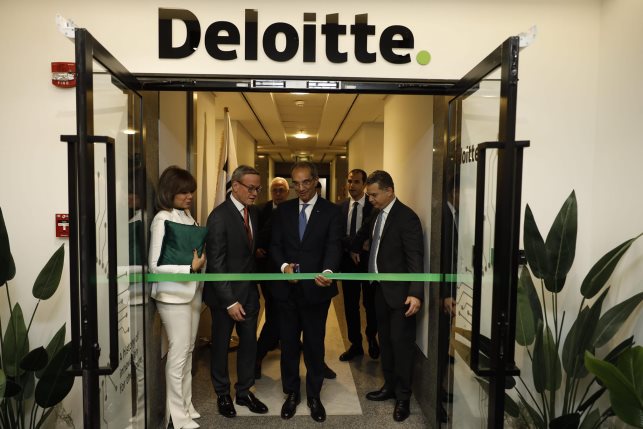Egypt's green strategy, expanding the embrace of renewable energy
In February, Minister of Petroleum and Mineral Resources, Tarek El Molla disclosed that Egypt is currently updating its energy strategy to increase the percentage of renewable energy within its energy mix to 60% by 2030 up from its previous target of 42%.
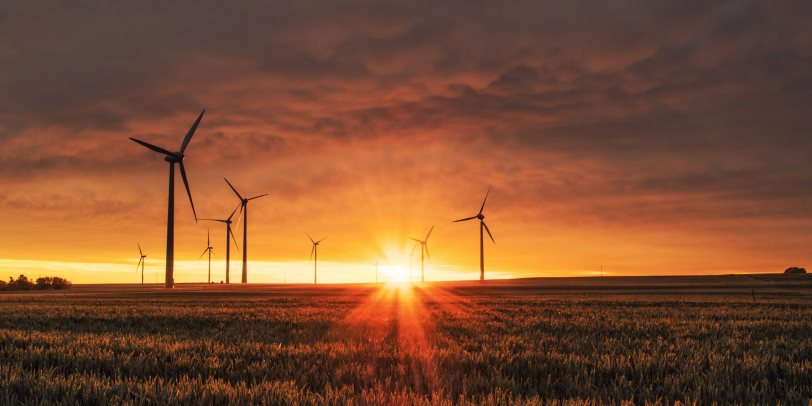
Egypt is a country with lots of wind, solar, and desert. These Natural phenomena can help the Egyptian government to expand the state's renewable energy. This strategy is driven by a desire to reduce the country's reliance on fossil fuels, mitigate climate change, and achieve sustainable growth.
In February, Minister of Petroleum and Mineral Resources, Tarek El Molla disclosed that Egypt is currently updating its energy strategy to increase the percentage of renewable energy within its energy mix to 60% by 2030 up from its previous target of 42%.
Egypt's transition to renewables is a strategic move to address key challenges as it seeks to lessen its dependence on fossil fuels that have traditionally dominated its energy mix. By diversifying into solar and wind power, Egypt aims to enhance energy security and minimize vulnerability to global price fluctuations.
The growth of renewable energy is seen as a way to boost sustainable economic development in Egypt. Moreover, Solar and wind projects can lower energy costs and create new jobs.
Wind Power Potential
Wind power is at the forefront of Egypt's renewable energy strategy.
Egypt also possesses significant wind energy potential, particularly along its Red Sea and Mediterranean coasts. The government is actively promoting wind power projects, with several large-scale wind farms already operational.
The Zafarana wind farm in Suez, Egypt, is a state-owned project comprising 700 turbines spread over 120 square kilometers. Built in eight phases between 2000 and 2010, it has a combined capacity of 545 MW. Supported by soft loans from Denmark, Spain, Japan, and Germany, the wind farm is linked to the New and Renewable Energy Authority.
The state has the Gabal Al-Zait wind farm which covers 100 square kilometers and has an impressive capacity of 580 MW. the project received contributions from the European Union and Germany, totaling €340 million.
Egypt plans to build one of the world's largest wind farms by March 2026, for $10 billion, according to Mohamed Mansour, Chairman of Infinity Power.
Boosting the sun's power
Egypt has immense potential for solar energy development due to its geographic location and climate. The country enjoys high levels of solar radiation, with an average of 3,200 to 3,600 hours of sunshine per year and an average daily solar radiation of 5.2 to 7.1 kWh/m2.
In the village of Benban in Aswan, the largest solar energy field in the world was built. This field is capable of generating 1.8 gigawatts of electricity.
Egypt also has the Siwa Solar Project, a Masdar initiative supported by the UAE, which brought electricity to 264 Egyptian villages. Its 10 MW solar PV facility, comprising 74,640 panels, it powered approximately 6,000 homes in Siwa City and surrounding areas.
Earlier in October 2023, the Ministry of International Cooperation (MoIC) announced that Egypt will implement renewable energy projects with a total capacity of 10 gigawatts and investments of $10 billion within 5 years.
This will come within the framework of Egypt's country platform for the Nexus of Water, Food and Energy (NWFE).
NWFE’s project aims to save about $1.2 billion annually that was spent on the fuel needed to operate thermal power plants.
Egypt received requests from Gulf and international investors seeking new licenses for investing in renewable energy projects. The total value of these requests exceeds $6 billion, CEO of the General Authority for Investment and Free Zones (GAFI), Hossam Heiba, announced during an interview with Asharq Bloomberg.


